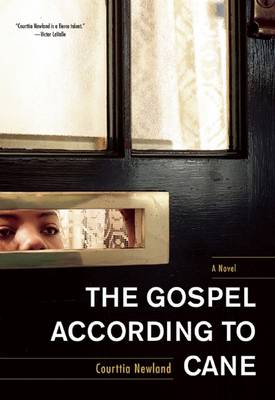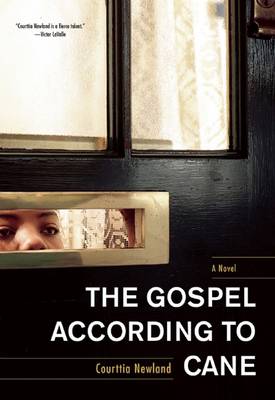
- Retrait gratuit dans votre magasin Club
- 7.000.000 titres dans notre catalogue
- Payer en toute sécurité
- Toujours un magasin près de chez vous
- Retrait gratuit dans votre magasin Club
- 7.000.0000 titres dans notre catalogue
- Payer en toute sécurité
- Toujours un magasin près de chez vous
Récompenses
Description
"Throughout The Gospel According to Cane, Mr. Newland takes on . . . the meaning of family and the risks associated with helping those in distress . . . With realism and without sanctimony, Mr. Newland successfully engages some of the most difficult questions we will ever face." --New York Journal of Books
"The emotional tension is sometimes almost unbearable as a mother and son attempt to build a relationship out of their shared pain. A unique and very moving novel." --Booklist
Beverley Cottrell had a dream life: a prestigious job, a beautiful husband and baby boy. This is stolen from her one winter afternoon when her son Malakay is kidnapped from a parked car. Despite a media campaign, a full police investigation, and the offer of a reward, Malakay is never found. Beverley's marriage soon dissolves and her husband emigrates from England to the US with a new wife.
Beverley gives up her job, sells the house, and moves from the leafy suburbs to the inner city to reside in a west London housing project. She cocoons herself in grief, growing more isolated with each passing year. After two decades she gives up any hope of finding her son. She teaches children who have been expelled from school in the local community center, bright kids thrown on society's scrap heap.
Beverley starts to believe she has finally pieced her life together--until a young man starts appearing wherever she goes. Beverley is convinced that he's stalking her. One dark evening the stalker gets past her security door and calls through her letterbox. He tells her not to be scared. He says that he is Malakay, her son.
The Gospel According to Cane is a novel about inner-city youth in contemporary London. It's a meditation on pain and loss, the burden of heritage, and how the past can blur the present. It's about trust and the perceived lack of trust, disillusion, and its consequences. A world where everyone is the victim, and no one is to blame.
Spécifications
Parties prenantes
- Auteur(s) :
- Editeur:
Contenu
- Nombre de pages :
- 224
- Langue:
- Anglais
Caractéristiques
- EAN:
- 9781617751332
- Date de parution :
- 05-02-13
- Format:
- Livre broché
- Format numérique:
- Trade paperback (VS)
- Dimensions :
- 145 mm x 208 mm
- Poids :
- 272 g

Les avis
Nous publions uniquement les avis qui respectent les conditions requises. Consultez nos conditions pour les avis.








